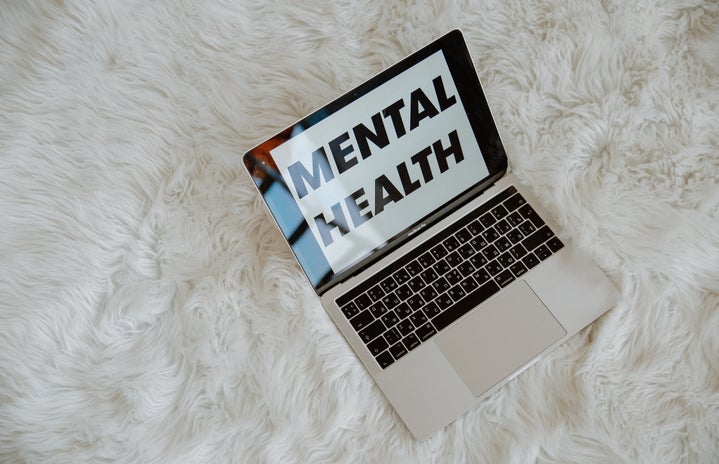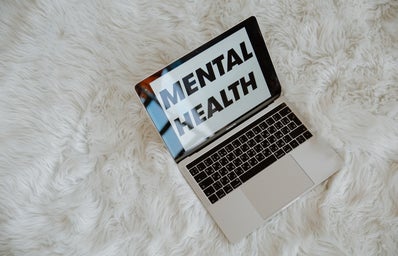Wanting or needing a therapist is not something to be ashamed of. In fact, it shows growth as a person to realize you want to talk to someone in order to take a step forward in bettering your wellbeing. I recommend that everyone sees a therapist at least once in your life, if you can afford it. Therapy can be expensive, but there are low-cost options available that might make the choice worth it in the long run. Here are 5 tips from my therapist that may help you as well.
- Plan it out
-
One of my issues was that I felt like I was wasting my free time. Being stuck at home during a pandemic with hardly anything to do but schoolwork, I found it hard to do things I enjoyed without feeling guilty. Anytime I did something for fun like read or bake, I felt like I was supposed to be doing something more “productive.” This led to me sitting around on my phone for hours on end until I fell asleep, and then I felt even more guilt for having wasted my time.
I realized this was a problem, so I brought it up with my therapist. She told me to plan out my free time—a tip that didn’t really make sense to me until I tried it. Write down and organize activities to do in your free time in order to regain that sense of accomplishment for filling up your day.
- Meditation
-
Honestly, I have tried and failed to meditate multiple times throughout the years. When my therapist recommended it, I was hesitant and didn’t put much effort into it. She gave me apps like Calm and Insight Timer to implement into my daily schedule, but somehow carving out a few minutes to sit and listen wasn’t working. She then told me that meditation comes in all forms. You don’t need to sit cross-legged on the floor humming with your eyes closed as someone tells you to picture your happy place (yes, this works for some people!)
Meditation is taking a moment to breathe and capture how you’re feeling in that specific moment. She said listening to music or watching ASMR videos are forms of meditation. Knowing that there was more than one way to meditate made me appreciate the art more.
- Put space between you and the thought
-
Compulsive thoughts and constant checking can ruin your mood depending on the issue. When I told my therapist I sometimes have trouble letting go of the urge to do a certain thing, she recommended that I put space between myself and the thought. Easier said than done. This problem is not simply rectified, but that is why it takes practice. You have to want to fix the issue in order for it to get better.
I have a problem with checking my windows multiple times to make sure there are locked or opening and closing my Gmail app every few seconds to see if I missed anything. When I realized that I hate doing this, but I couldn’t stop, she told me to try and convince myself that the windows are fine, for example. I checked them—they are secure, and nothing will happen with them. Another part of that tip is to do another activity instead of checking: find something else to do to suppress the urge to check.
- Check in with yourself
-
It’s important to know how you’re feeling and why you’re feeling this way. Take a moment to check in with yourself at any point and time to recognize that your feelings are valid. If you are feeling stressed or anxious, ask yourself why you are feeling this way. Granted, there may not be an answer to this, but taking a quick break to figure out why the stress or anxiety is happening is a step forward to relieving these feelings. Think about what can be done to help in a way, no matter how small. Be patient with yourself.
- Lean away from negativity
-
I dislike the phrase “look on the bright side” only because it forces you into a spot that makes it seem like your negative feelings are invalid. However, it is a key part in bettering yourself to recognize your negative thoughts and lean away from them. It’s not easy for some people to be outright positive but try not to dig so deep into negativity. “What if something bad happens?” you ask. She advised me to instead ask, “but what if something good happens?” Being able to use this phrase as often as possible can create a new outlook for you.
I read a post once that said, “a therapist is a commonsense filter,” which totally makes sense to me the more I apply these tips to my life. I’m grateful that I have access to therapy because it has helped me a great deal and remember that you are not alone with these feelings. I hope you decide to implement these tips into your life, too!



